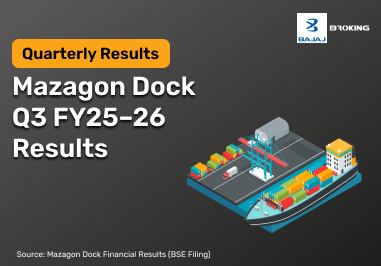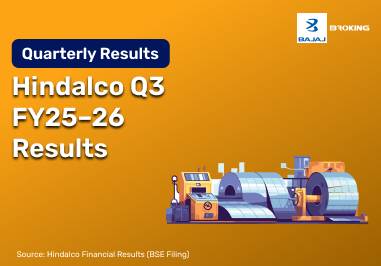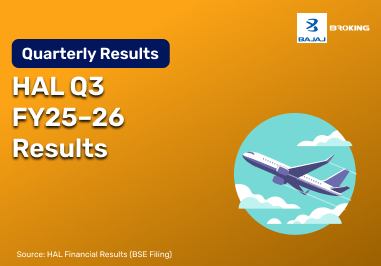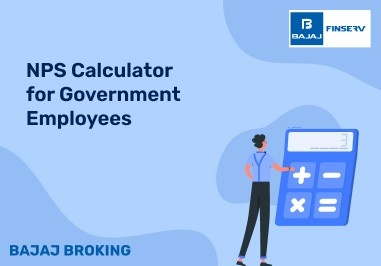So, in this article, we’ll take a closer look at what corporate bonds are in India and delve into their features, variants and more.
What is a Corporate Bond?
A corporate bond is a debt instrument that is issued by a corporate entity. Companies issue these bonds to raise capital for funding different business ventures and projects. The capital invested by investors who purchase the bonds is considered as a debt in the companies’ books.
In return for the loan obtained, these companies pay out interest to the investors in the form of coupon payments. The rate of the interest payouts — termed the coupon rate — is generally predetermined (except in the case of floating rate bonds, as you’ll see later). This sums up the crux of what corporate bonds are in India.
Types of Corporate Bonds
Now that you know the meaning of corporate bonds, let’s take a deep dive into this subcategory of assets. Based on the type of coupon rates, the specific terms of the security and its benefits, there are different options to choose from if you want to invest in corporate bonds in India. The main types of bonds in this category include the following.
The coupon rates on these corporate bonds are predetermined and fixed. Till maturity, these bonds make the same annual coupon payment at the rate specified by the issuer. Since you know the coupon rate upfront, investing in corporate bonds with a fixed rate may be a good idea if you need steady and quantifiable income.
Floating rate bonds carry variable coupon rates linked to a predetermined benchmark like the repo rate. When the repo rate rises, so does the coupon rate (and vice versa). This means that you will not be aware of the exact amount of the annual coupon payment upfront. However, if the rates move favourably, you could benefit by investing in corporate bonds with floating rates.
These corporate bonds are issued at a discount. At maturity, they are redeemed at the face value or par value. The profit for the investor is essentially the difference between the par value of the bond and the discounted purchase price. These bonds carry no coupon rate and do not offer any interest payouts, hence the name zero coupon bonds.
Convertible bonds are securities that are issued as debt instruments, but can later be converted into stocks of the company upon maturity. Up until the maturity date, the bond will pay out interest based on its coupon rate. Thereafter, if you choose to convert it, the interest payouts will stop. If you do not opt to convert the bond into a stock, it will be redeemed by the company.
The annual coupon payments received from these securities are tax-free. This is a unique benefit because the interest received from bonds is typically taxable as per your income tax slab rate. However, if you want to invest in corporate bonds in India without increasing your tax liability, these tax-saving bonds are a good option to consider.
Also Read: Different Types of Bonds Explained
Key Features of Corporate Bonds
Before you get started with investing in corporate bonds, you must also understand their main characteristics. The primary features of corporate bonds include the following:
All corporate bonds in India carry credit ratings assigned to them by credit rating agencies like CARE and CRISIL. The higher the credit ratings, the lower the risk associated with the bond. These credit ratings can be handy if you want to assess which bonds carry the lowest risk. That said, bonds with lower credit ratings typically offer higher coupon rates to compensate for the higher risk.
Depending on the credit rating assigned to them, corporate bonds can carry low to medium risk. This makes them suitable for all kinds of investors, no matter whether they are conservative, moderate risk-takers or aggressive investors. You can choose to invest in corporate bonds whose risk levels align with your risk profile.
Corporate bonds typically carry higher coupon rates than government bonds. This is because the former category has a higher risk profile. However, if you select your corporate bonds smartly, you can hit the sweet spot between good returns and tolerable levels of risk. This way, you can earn higher returns without increasing your risk exposure massively.
- Medium to Long-Term Maturity Periods
Bonds are generally not suitable for short-term investment tenures. Corporate bond are no different since they come with maturity periods that are longer than one year. So, if you have a medium-term or long-term investment outlook, investing in corporate bond can be an effective strategy to consider. However, the maturity period for corporate bond may be shorter than that of government bonds, which can be ultra-long-term securities.
Examples of Corporate Bonds
Corporate bonds come in various forms, each designed to cater to different investment strategies. For instance, fixed-rate corporate bonds are popular among conservative investors as they offer a stable and predictable interest income over the bond's life. In contrast, floating-rate corporate bonds adjust their interest payments based on prevailing market rates, appealing to those seeking potential increases in income. Additionally, zero-coupon bonds are sold at a discount and mature at face value, providing a unique investment opportunity without periodic interest payments, making them attractive for investors who prefer a lump-sum return at maturity.
Investors may also consider convertible bonds, which offer the option to convert into the issuing company's stock, combining the safety of a bond with the potential for equity gains. For those looking to invest in company bonds without increasing tax liability, tax-saving bonds are available, allowing for tax-free coupon payments. Understanding these different types of corporate bonds can help investors make informed decisions that align with their financial objectives.
Limitations of Corporate Bonds
While corporate bonds can offer attractive returns, investors should also consider their limitations before making investment decisions:
Credit Risk: Corporate bonds carry the risk of default, meaning the issuing company may fail to make interest payments or repay the principal at maturity. Investors must assess the creditworthiness of the issuing entity.
Interest Rate Risk: Changes in interest rates can adversely affect the market value of corporate bonds. When interest rates increase, the market value of current bonds usually declines, which may result in losses if the bonds are sold before reaching maturity.
Liquidity Risk: Some corporate bonds may not have a liquid market, making it difficult to buy or sell them without incurring significant costs. This can limit an investor's ability to access funds quickly.
Lower Priority in Bankruptcy: In the event of a company's bankruptcy, corporate bondholders are paid after senior debt holders and secured creditors, which may result in partial or total losses for bond investors.
Inflation Risk: The steady interest payments from corporate bonds may fail to match inflation, diminishing the real value of returns over time. This is especially worrisome for long-term investors.
Complexity: Understanding the various types of corporate bonds and their features can be complex, especially for inexperienced investors. This complexity can lead to poor investment decisions if not adequately addressed.
Potential for Lower Returns Compared to Equities: While corporate bonds can provide steady income, they often yield lower returns than equities, particularly in bullish markets, which might limit overall portfolio growth.
Investors looking to invest in company bonds should weigh these limitations against the potential benefits to make informed choices that align with their risk tolerance and financial goals.
Conclusion
Investing in corporate bonds can be an effective strategy if you want to earn higher returns without taking on too much risk in the process. If you prefer to take moderately high levels of risk, bonds issued by companies can fit in with your investment plan easily. What’s more, even within the corporate bond segment, there are instruments with varying levels of risk. So, no matter how your risk profile shifts over the years, there will be a corporate bond that aligns with your financial requirements.
Additional Read: Types of Bond Market in India















